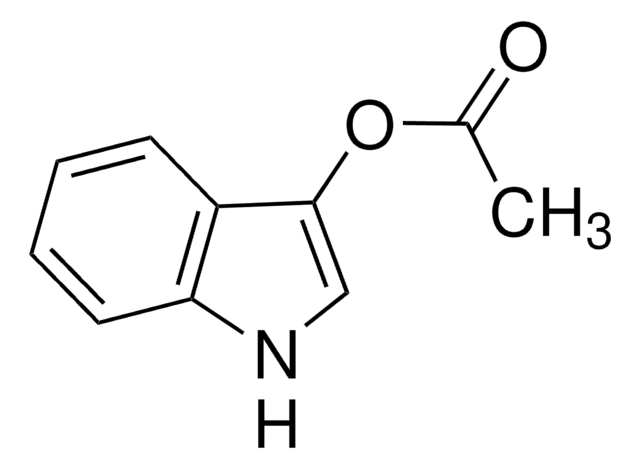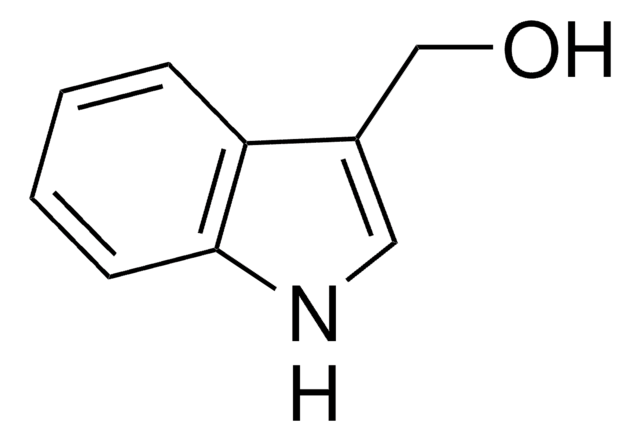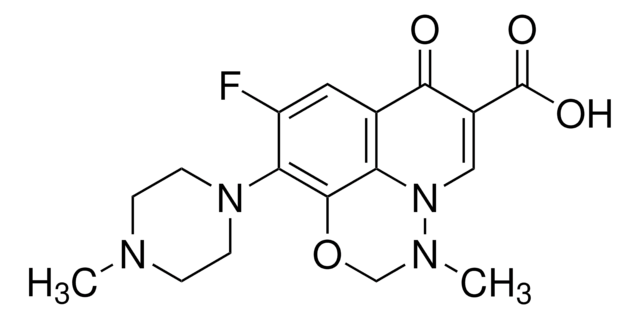L2906
Lomefloxacin hydrochloride
Synonym(s):
1-Ethyl-6,8-difluoro-1,4-dihydro-7-(3-methyl-1-piperazinyl)-4-oxo-3-quinolinecarboxylic acid
About This Item
Recommended Products
biological source
synthetic
color
white to off-white
antibiotic activity spectrum
Gram-negative bacteria
Gram-positive bacteria
Mode of action
DNA synthesis | interferes
enzyme | inhibits
storage temp.
−20°C
SMILES string
Cl.CCN1C=C(C(O)=O)C(=O)c2cc(F)c(N3CCNC(C)C3)c(F)c12
InChI
1S/C17H19F2N3O3.ClH/c1-3-21-8-11(17(24)25)16(23)10-6-12(18)15(13(19)14(10)21)22-5-4-20-9(2)7-22;/h6,8-9,20H,3-5,7H2,1-2H3,(H,24,25);1H
InChI key
KXEBLAPZMOQCKO-UHFFFAOYSA-N
General description
Application
Biochem/physiol Actions
Signal Word
Warning
Hazard Statements
Hazard Classifications
Acute Tox. 4 Oral
Storage Class Code
11 - Combustible Solids
WGK
WGK 3
Personal Protective Equipment
Certificates of Analysis (COA)
Search for Certificates of Analysis (COA) by entering the products Lot/Batch Number. Lot and Batch Numbers can be found on a product’s label following the words ‘Lot’ or ‘Batch’.
Already Own This Product?
Find documentation for the products that you have recently purchased in the Document Library.
Customers Also Viewed
Our team of scientists has experience in all areas of research including Life Science, Material Science, Chemical Synthesis, Chromatography, Analytical and many others.
Contact Technical Service













